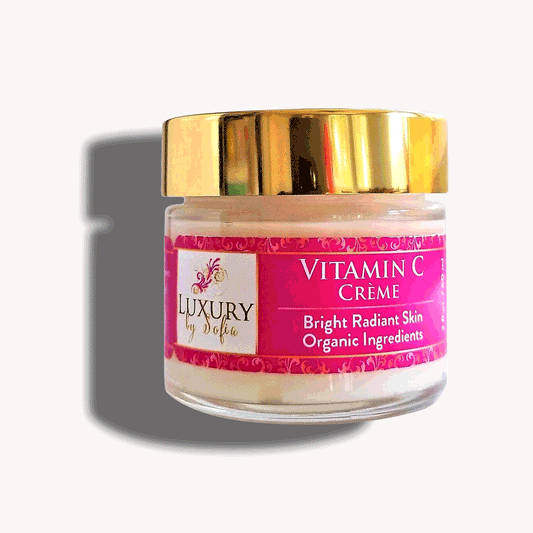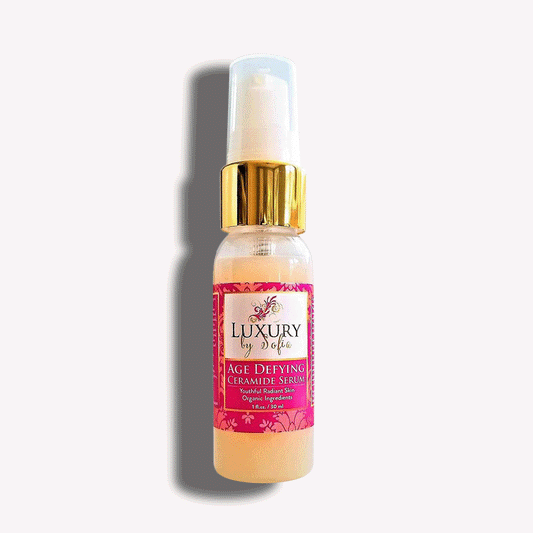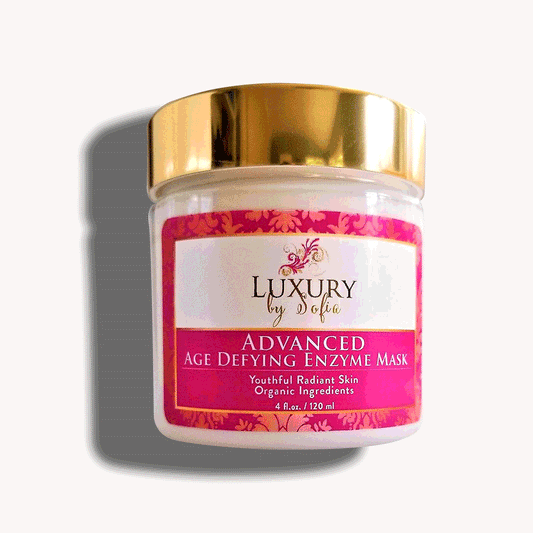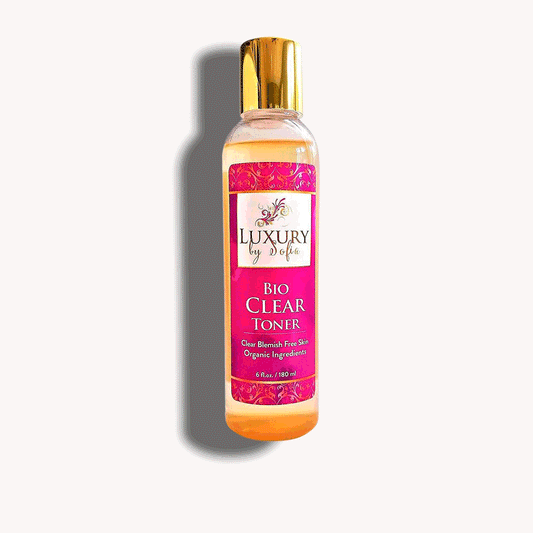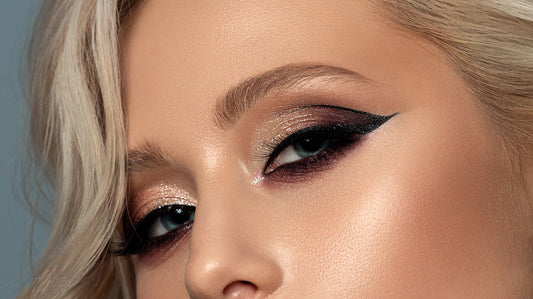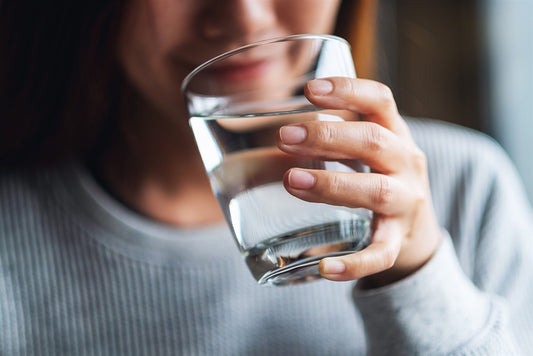You know that you should be getting enough sleep at night, but you might not know why.
Although it may seem counterintuitive to some people, there are actually many benefits to getting a good night's sleep. In fact, studies have shown that sleep helps us look younger, boosts our immune system and memory functions—and even helps us lose weight! So if you're not hitting the hay early enough each night, consider these six reasons why you should start catching up on some much-needed rest right now:
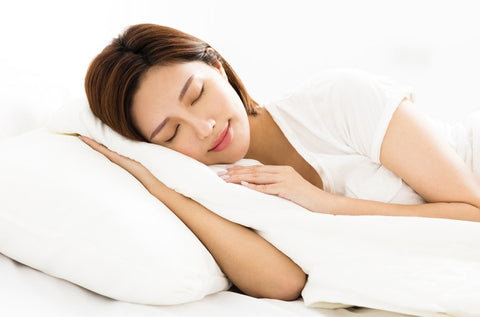
Sleep Improves Skin Health
- Sleep is important for skin health, including healing. When you're sleeping, your body has the chance to repair itself and heal from any damage that may have occurred during the day. This includes repairing damaged skin cells and tissue as well as helping fight off infections (like acne).
- Increased sleep improves skin tone. Just one night of good quality sleep can make a big difference in how your face looks! A study published in The Journal Of Clinical Endocrinology & Metabolism showed that healthy adults who slept more had less sagging around their eyes than those who didn't get enough restful shut-eye on a regular basis.
- Improved sleep can help reduce acne. Research shows that people experiencing acne breakouts tend to have poorer quality of life due to embarrassment caused by their blemishes - and this could be due in part because they don't get enough restful sleep at night.
Sleep Helps You Look Younger
Sleep is an essential part of your daily routine and it's one of the best ways to look younger. When we sleep, our bodies are able to repair themselves from the day's wear and tear. This means that when you wake up in the morning, there will be less lines on your face and fewer wrinkles than if you had not gotten enough sleep.
Sleep also helps us feel more energized throughout the day so that we can tackle everything life throws at us with ease! A good night's rest will leave you feeling refreshed, which makes all aspects of life seem easier than they did before (including finding time for self-care).
Getting enough sleep helps keep stress levels down - Stress can cause breakouts as well as other types of skin issues like eczema or psoriasis. Having enough energy during the day means more motivation for exercise - Exercise boosts energy levels even further by releasing endorphins into our bloodstreams which make us feel happier overall. Eating healthy meals regularly throughout each week keeps blood sugar levels balanced so hunger cravings don't get out of control later on down south (pun intended).
A Good Night's Sleep Can Help Improve Your Memory
Sleep is a crucial part of memory. The brain uses sleep as an opportunity to consolidate and reorganize memories, which helps you remember information better.
This can be especially important when it comes to learning new skills like playing an instrument or studying for a test. While you're awake and active, your brain is more likely to focus on new tasks at hand--and not be able to recall what it learned previously. But when you get enough restful REM sleep (the phase where dreaming occurs), your mind will process that information better during the next day's waking hours!
Sleep Can Boost Your Immune System
Your immune system is an important part of your body's defense against illness. It fights infections and cancer, and it helps you recover from the flu or other illnesses. A lack of sleep can make you more likely to get sick, especially if you're exhausted when you leave work or school and go straight home without eating or exercising.
Sleep also helps fight allergies by keeping your nasal passages clear so that they don't become inflamed when exposed to pollen or other allergens (such as dust mites). And research suggests that getting enough sleep may lower the risk for autoimmune diseases like multiple sclerosis (MS).
A Good Night's Sleep Will Help You Lose Weight
You've probably heard that a good night's sleep will help you lose weight, but did you know that the opposite is also true? Sleep deprivation can lead to weight gain.
Sleep helps regulate hormones like leptin and ghrelin, which control appetite and cravings for food. When we don't get enough sleep, these hormones become imbalanced - leptin levels drop while ghrelin levels increase - and this leads us to feel hungrier than usual (even if our bodies aren't actually in need of more food). The result: We eat more than we should throughout the day, leading to weight gain over time.
Sleep deprivation can also affect your metabolism in ways that encourage weight gain; for example:
-
You'll burn fewer calories at rest when you're tired from lack of sleep (studies show an average reduction of about 100 calories per day). That might not seem like much at first glance until you realize how much time most people spend sitting around doing nothing! Now imagine adding another 100 calories back into your daily routine by getting some extra shut eye each night; suddenly those extra few hours on the couch won't be such a big deal anymore!
-
People who don't get enough ZZZs tend not only eat more junk food but also crave sweets as well--which makes sense considering how hard it is sometimes just keeping my eyes open after lunchtime snacks.
Sleep Aids In Wound Healing
Sleep is important for healing. If you're in a state of sleep deprivation, your body won't be able to repair itself as effectively.
While you sleep, the body goes through several stages of rest and repair. In particular, deep REM (rapid eye movement) sleep helps with muscle recovery after exercise by restoring glycogen stores in muscles during that stage of sleep. In fact, studies suggest that people who don't get enough REM may experience more muscle soreness than those who do get enough!
Sleep also plays an important role in bone growth and maintenance - it's thought that one reason older populations tend to have weaker bones than younger ones is because they don't get enough deep NREM (non-rapid eye movement) or REM sleep.
Getting Enough Sleep Is Important For Your Body, Mind, And Well-Being
If you're like most people, your body and mind are begging for sleep. Sleep helps keep the immune system strong and the brain alert, which is why it's important to get enough sleep every night--and not just any kind of sleep.
Sleep can also help improve memory, mood, energy levels and overall well-being. A lack of quality rest may lead to an increased risk for serious health problems such as diabetes or heart disease over time (1).
Conclusion
If you're looking to improve your skin, hair, and nails, getting enough sleep is one of the best ways to do so. Sleep helps your body repair itself from daily wear-and-tear and stress. It also gives you the energy needed for healthy hair growth and strong nails that won't break easily. While these benefits may seem like small things when compared against other priorities in life (like work), they can make all the difference when it comes down to feeling good about yourself!

